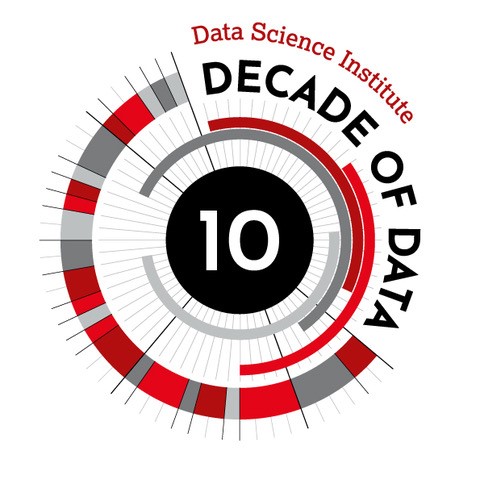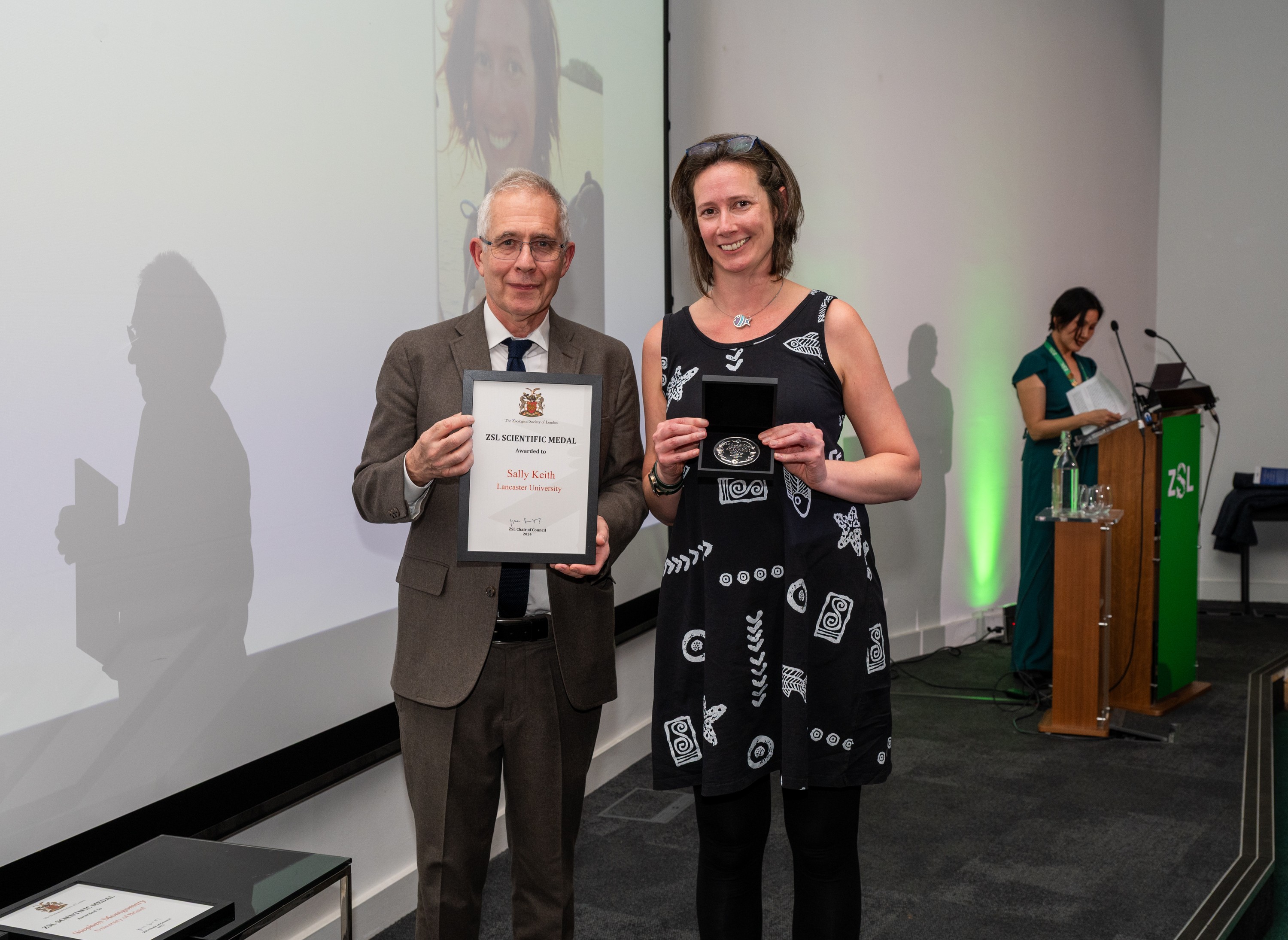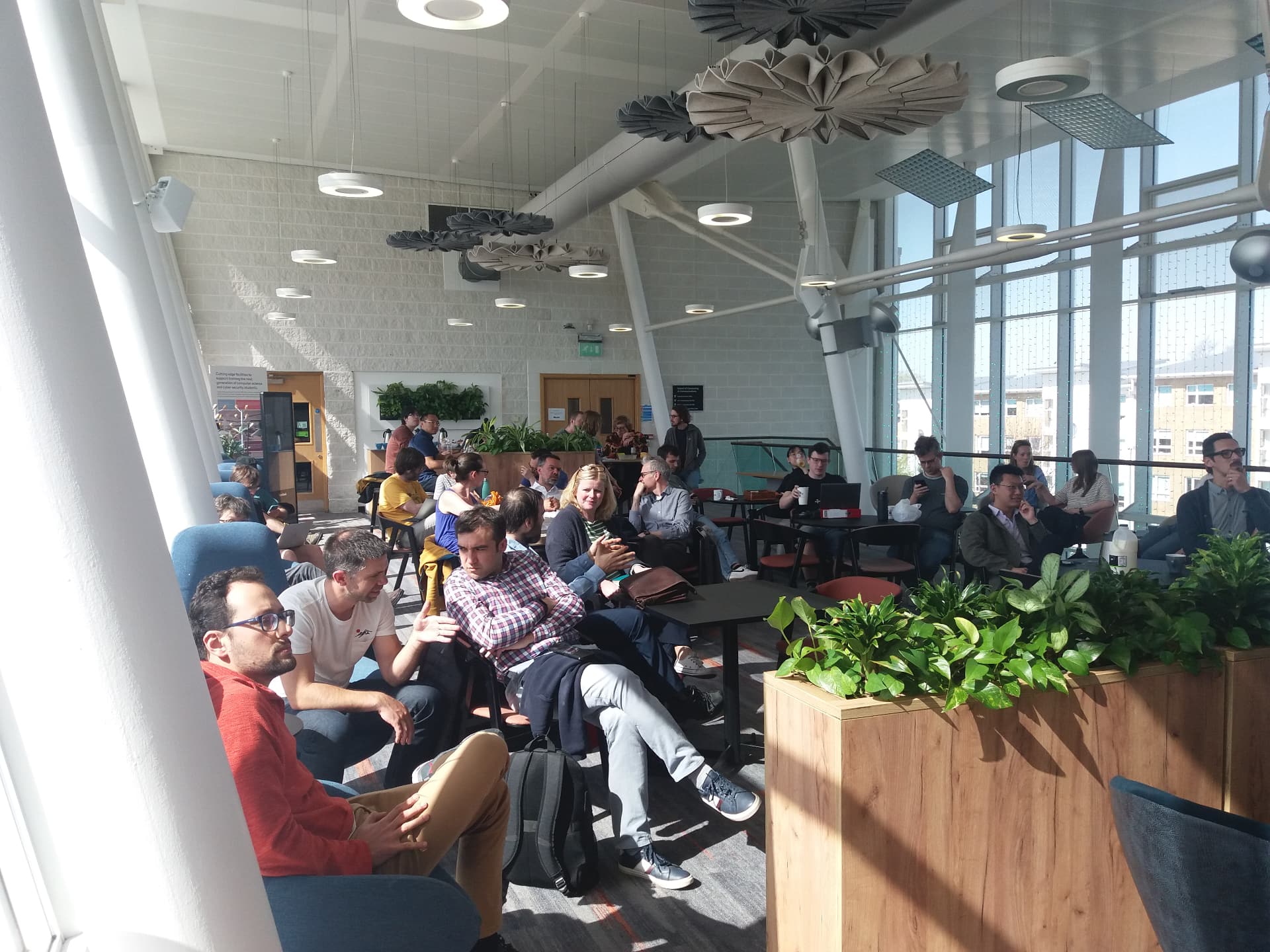ExaGEO, a partnership between Lancaster University (CEEDS), the University of Glasgow, and the University of Edinburgh (EPCC), offers fully funded PhDs in geo- and computer sciences, statistics, and computational engineering. ExaGEO will deliver the next generation of Earth and environmental scientists trained in exascale computing techniques. We do this through a holistic and multidisciplinary program targeting excellence in both the technical (graphical processing unit, GPU) skills required for the development and application of software and multidisciplinary ‘domain’ training in the complexity of simulated Earth system processes.
Benefits of the Programme
- A fully funded PhD project (3.5 years) supported by a Research Training Support Grant;
- Research and professional skills training, outreach events, summer schools and workshops;
- Internship and placement opportunities;
- A supervisory team consisting of multidisciplinary supervisors;
- The choice of undertaking your PhD at any of our partner institutions;
- Research and training opportunities in state-of-the-art GPU programming and modelling techniques intended for exascale computing applications;
- Opportunities for PhD research topics across a diverse range of Earth and environmental science disciplines.
Funding and Eligibility
Funding covers tuition fees for UK home applicants, as well as an annual stipend at the standard UKRI rate (currently £19,237). To be classed as a home applicant, candidates must meet the following criteria:
- Be a UK national or UK/EU dual national or non-UK national with settled status / pre-settled status / indefinite leave to remain / indefinite leave to enter / discretionary leave / EU migrant worker in the UK or non-UK national with a claim for asylum or the family member of such a person, and
- Have ordinary residence in the UK, Channel Islands, Isle of Man or British Overseas Territory, at the Point of Application, and
- Have three years residency in the UK, Channel Islands, Isle of Man, British Overseas Territory or EEA before the relevant date of application unless residency outside of the UK/ EEA has been of a temporary nature only and of a period less than six years.
There are a limited number of international studentships available for exceptional candidates who do not meet the UK home studentship status eligibility requirements. Funding for successful international students will match that of home students and no international top-up fees will be payable.
Applicants must have, or expect to obtain, the equivalent of a 1st or 2:1 degree in a relevant subject, e.g., chemistry, computing science, earth/geo/environmental sciences, engineering, geography, mathematics etc.
Equality, Diversity and Inclusion
ExaGEO, and our partner institutions, champion EDI, believing that this is the way to increase research productivity and quality and to enhance societal and economic impact.
How to Apply
Applications must be submitted through the University of Glasgow’s online application system, regardless of where the PhD will be based.
Contact Us
exageo-info@glasgow.ac.uk












.jpg)
.jpg)




